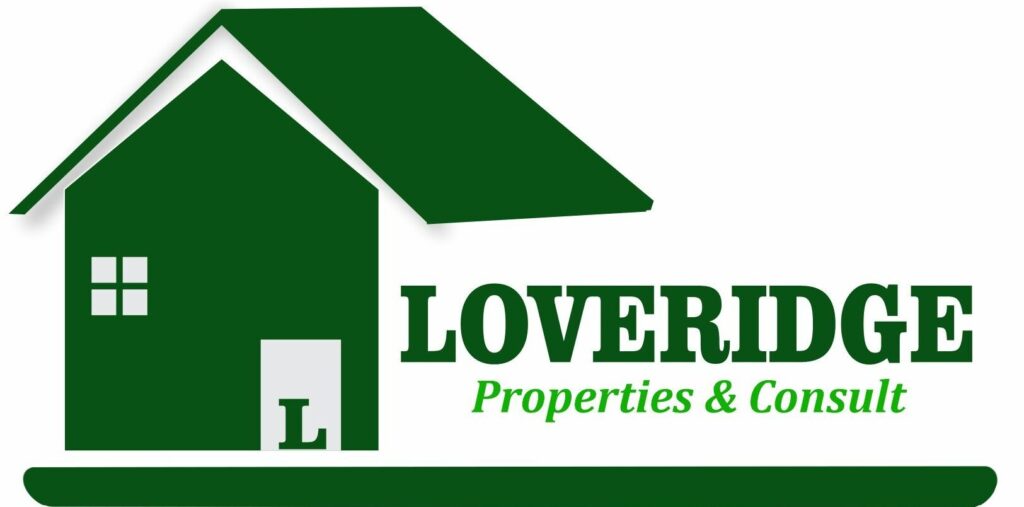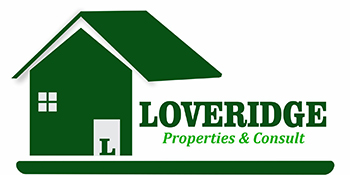Successful Negotiations in Real Estate: Essential Strategies and Skills

Negotiations are a crucial part of the real estate industry. As a real estate professional, it’s essential to have the skills and strategies needed to negotiate successfully. Here are some essential strategies and skills that you need to have to be a successful negotiator in the real estate industry. Before entering into any negotiation, it’s important to do your research. Find out everything about the property you are negotiating for, the market, and the other party. This will give you a better understanding of the situation and enable you to negotiate from a position of strength. During negotiations, it’s essential to listen carefully to the other party. You can identify their wants, needs, and interests by doing this. Once you know what they want, you can use that information to your advantage and make a mutually beneficial deal. Communication is vital in any negotiation. Learn how to communicate your needs and interests clearly and concisely. This will help prevent misunderstandings and ensure everyone is on the same page. Don’t be afraid to be creative during negotiations. Look for alternative solutions that are outside the box but still meet the needs of both parties. This can lead to a win-win situation and a successful negotiation. Negotiations can take time, and patience is essential throughout the process. Rushing to make a deal could result in regrets down the line. Consider negotiating carefully and thoughtfully to ensure a successful outcome for everyone involved. In conclusion, successful negotiations in the real estate industry require careful research, active listening, effective communication, creativity, and patience. By mastering these skills and strategies, you can become a successful negotiator and achieve your real estate goals.
The Digital Transformation of Real Estate – PropTech

The real estate industry can no longer deny the impact of technology on its future, and PropTech is leading the way in a sustainable direction. PropTech refers to integrating innovative technology in the real estate industry to optimize operations, enhance tenant experience, and drive greener business practices. These technological shifts have gained significant momentum recently, allowing real estate operators to reduce their carbon footprint while cutting unnecessary expenses. Integrated tools such as IoT sensors, cloud storage, and AI have revolutionized how the sector approaches energy and resource management. IoT sensors monitor building systems, lighting, and heating to optimize energy use while reducing waste. Cloud-based storage systems support green business practices by replacing paper-based workflows with digital files accessible from anywhere with an internet connection. AI systems can reduce energy consumption, provide actionable data insights, and automate building systems to ensure energy- and cost-efficiency. Despite the clear advantages of these technologies, digital transformation has needed to catch on in the real estate industry. Many companies are reluctant to modernize existing systems and processes, partly because of fear, and other reasons include the assumed cost and infrastructure changes for implementation. Those companies, however, that have leveraged PropTech and adapted to these technologies stand to benefit financially and environmentally. It’s simply a win-win situation. Sustainable investment in digital integration reduces costs and attracts tenants who value sustainable workplace practices. The real estate industry is at a critical juncture to be environmentally responsible and stay relevant and competitive. Twenty-first-century companies must embrace digital transformation actively, with sustained investment in PropTech solutions, that will ultimately lead to a more sustainable future for the industry. Success and Benefits of PropTech for the Environment and Business PropTech has revolutionized the real estate industry by providing a more sustained approach to how corporations design and operate their buildings. Digital integration in the form of IoT sensors, cloud storage, and artificial intelligence (AI) has been instrumental in generating CO2 and expenditure savings while reducing consumption across the built environment. Sustainable investment in digital integration provides financial savings and attracts potential tenants who recognize the importance of implementing sustainable practices. Furthermore, PropTech has revolutionized how corporations view their carbon footprint and reduce their energy costs. The success of PropTech in sustainable practices has been proven, and many corporations have already seen the benefits of adopting it. Therefore, the future of sustainability in the real estate industry will continue to emphasize the role of PropTech in creating more sustainable practices. Conclusion In conclusion, incorporating PropTech technology has improved cost-effectiveness and significantly transformed the real estate industry toward a more sustainable future. The Real Estate industry is transforming through sustainable investment and PropTech. With digital integration, there are cost-saving opportunities, reduced energy consumption, and attraction of potential tenants. The proven success of these technologies is enhancing sustainability in the built environment, making it more efficient than ever before.


